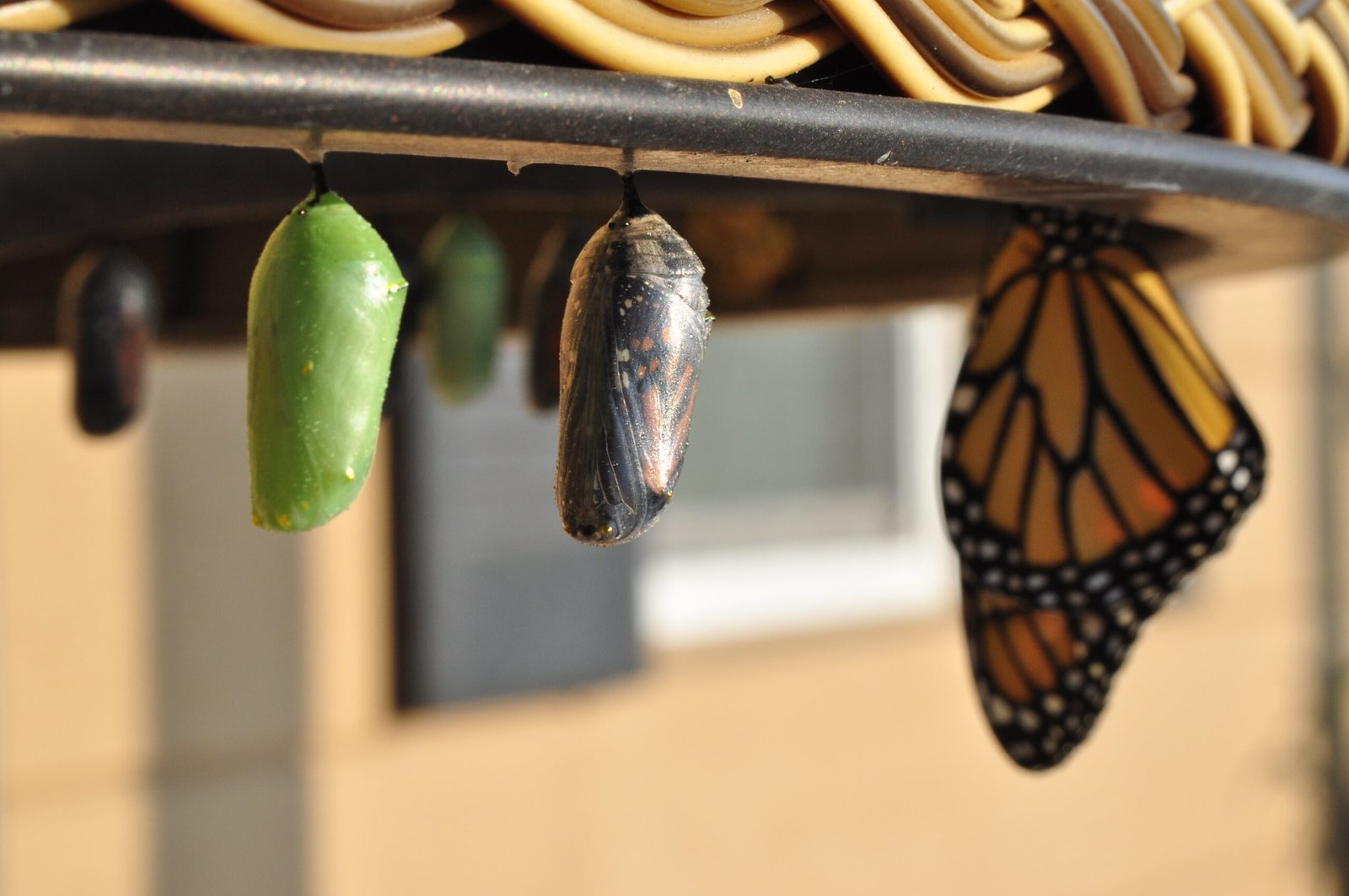
Dealing with the End of Life: A Complex Journey
Dealing with the end of life is a challenging process that affects everyone involved – patients, families, friends, and physicians. It requires open and honest communication, starting with the physicians. Balancing hopefulness with truthfulness, physicians must provide personalized guidance based on prognosis, risks and benefits of interventions, symptom burden, and the patient’s support system.
When a dire diagnosis is first made, patients and their loved ones often focus on life preservation and may experience shock, guilt, regret, and anger. Fear must be managed and channeled. Eventually, acceptance sets in, and end-of-life decision-making becomes a priority. Denying the approaching death only adds anxiety and diminishes one’s sense of control.
With acceptance, the focus shifts to quality of life and comfort for the remaining time. Physicians, hospice, family, and caregivers work together to assess physical symptoms, psychological and spiritual needs, and define end-of-life goals. It’s important to consider realistic goals, such as attending a special event or experiencing one last holiday.
To plan for a death with dignity, we must acknowledge death as a part of life. It’s an experience that should be embraced rather than ignored. By facing the end of life with openness and preparation, we can ensure that our final days, weeks, or months are filled with comfort and meaning.
Dr. Mike Magee, a Senior Fellow in the Humanities to the World Medical Association, emphasizes the importance of recognizing and understanding the approaching end of life. As the director of the Pfizer Medical Humanities Initiative, he advocates for open discussions about death and the need for personalized end-of-life care.
In conclusion, dealing with the end of life is a complex journey that requires effective communication, acceptance, and personalized care. By embracing the reality of death and planning for it with dignity, we can make the most of our remaining time and ensure a peaceful transition.



